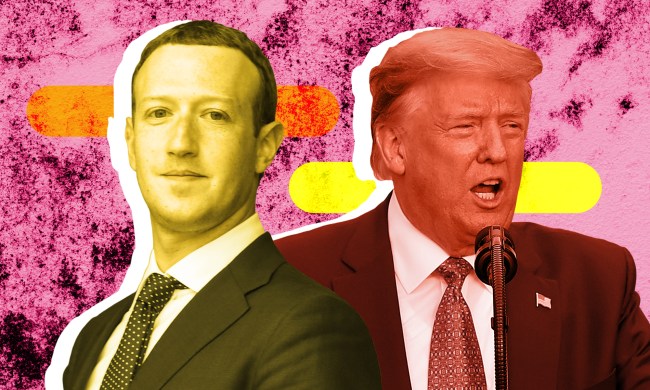Facebook reversed its statement that it took action to take down a now-infamous Kenosha militia event that was shared shortly before a deadly shooting during protests in Wisconsin.
An event posted by the Kenosha Guard Facebook group was taken down by the page’s moderators and not Facebook, according to a Buzzfeed report that cited internal documents from
Facebook CEO Mark Zuckerberg previously said that the company took down the page for violating its “Dangerous Individuals and Organizations” policy regarding militia organizations.
A Facebook spokesperson told Digital Trends that they “apologize for the error.”
“When we responded to questions about our initial investigation into what happened in Kenosha, we believed we’d removed the Event Page for violating our policies,” the spokesperson said. “Our investigation found that while we did remove the Kenosha Guard Page, the event page was removed by the organizer.”
The page was originally made in response to the police shooting of 29-year-old Jacob Blake and the protests that followed.

The Kenosha Guard Facebook event called for its followers to take up arms and “defend our city tonight from the evil thugs.”
The page was taken down after 17-year-old Kyle Rittenhouse was arrested and charged with first-degree intentional homicide in connection to a shooting during these protests, which left two dead and one injured. It’s unclear where Rittenhouse was directly connected to the event.
Aside from Facebook failing to take down the event themselves, the social network also reportedly ignored multiple reports from users about the Kenosha group before the protests escalated. There were 455 reports sent to
At the time, Facebook said the page did not violate its policies, but Zuckerberg has since said that Facebook’s failure to take action against the event inciting violence was an “operational mistake.”
Zuckerberg added that Facebook would evolve its policies and execute its content moderation efforts in a video posted last week. However,



